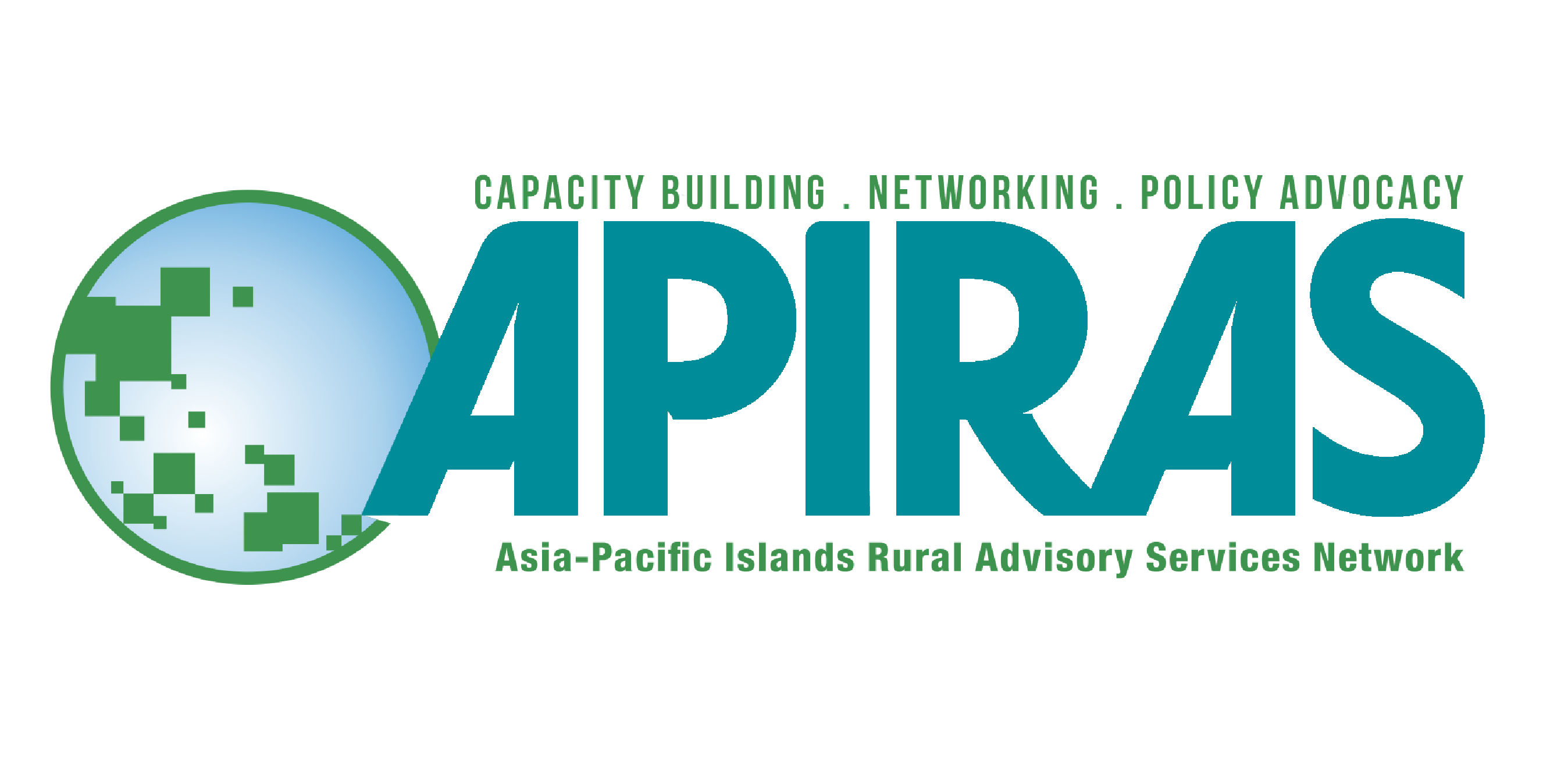March 2021, South Asia
Sensitizing Pakistan’s female breadwinners to the risks of COVID-19 — via WhatsApp
FAO
Until the outbreak of COVID-19 in Pakistan, many families living within Muzaffargarh, an arid district in the eastern province of Punjab, kept cows and goats as dairy livestock. Mansab Mai, a mother of seven, supplemented her husband’s and eldest son’s earnings as daily wage laborers with regular milk sales.
But when the country went into a two-month countrywide lockdown on March 21 2020, potential buyers stayed home and Mansab saw demand disappear overnight—along with her husband’s and son’s work.
To keep the household afloat, Mansab relied on seeds and training she received as part of FAO’s women’s Farmer Field School (FFS), which uses experiential, field-based group learning to teach both traditional and innovative farming methods. Along with a distribution of canola seeds, FAO supplied hands-on technical support and harvesting techniques, allowing Mansab to sow the seeds in early winter using a family plot of land.
The canola plot flowered during Pakistan’s spring lockdown, making up for the family’s lost earnings. “The harvest brought welcome relief to our family,” said Mansab. “The profit we made from selling the canola will help us get by during these difficult times.”
There have been over 285 000 confirmed cases of COVID-19 in Pakistan as of mid-August 2020, including over 80 000 in Punjab alone. Measures to contain the pandemic’s breakneck spread have dealt a crushing blow to rural workers, putting the country’s most vulnerable in even more precarious straits. But while male wage laborers stayed home jobless, barred from accessing informal livelihood opportunities, women stepped in to replace lost income using newly acquired agricultural skills.
However, as these female breadwinners continue to step up to the economic front lines, they are encountering new risks of virus transmission.
“Men were helpless to move outside to do labor work, so women helped support their families,” said Deeba Shaheen, a FAO Farmer Field School facilitator in Muzaffargarh and former lawyer with Pakistan’s Ministry of Women Development. “[But] they have no masks, no hand sanitizer. They don’t have the same awareness that we have at city level.”
According to a recent policy brief from UN Women on the gendered impact of COVID-19, only 55 percent of women in Pakistan have access to adequate healthcare – as little as 25 percent in rural areas. Yet the pandemic is disproportionately impacting Pakistani women. Along with new farming ventures, women’s prescribed roles as domestic caregivers increase their risk of virus exposure. While they are expected to tend to sick household members, women have no downtime for recovery if they fall ill themselves.

